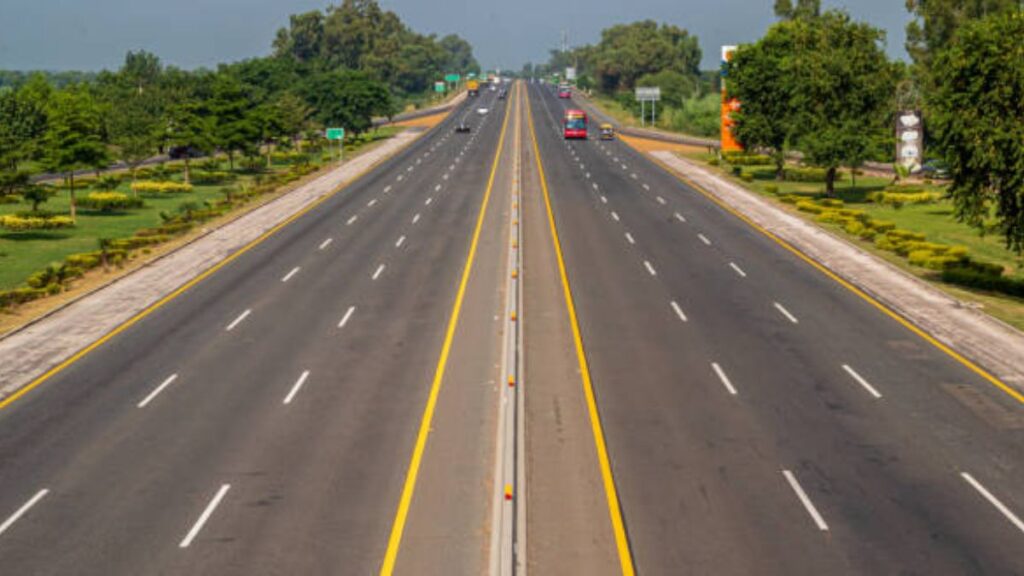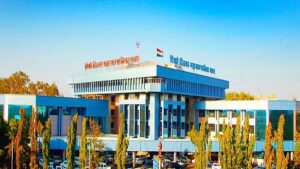Pune-Bengaluru Expressway to Cut Travel Time in Half by 2028 — Major Boost for 12 Districts

Pune, July 8: A game-changing infrastructure project is on the horizon for Maharashtra and Karnataka—the Pune-Bengaluru Expressway, slated for completion by 2028, promises to slash travel time between the two cities from 15 hours to just 7 hours. The 8-lane high-speed corridor is not just a feat of engineering but a strategic push toward regional development, connectivity, and economic upliftment.
According to a report by 99acres, the expressway is part of the Bharatmala Pariyojana, a flagship road development program by the Government of India. With a projected cost exceeding ₹50,000 crore, the expressway is envisioned as a faster alternative to the existing NH-48 route.
Route and Reach: 12 Districts to Benefit
The expressway will run through 12 districts in total—nine in Karnataka (Bengaluru Rural, Tumkur, Chitradurga, Davangere, Vijayanagar, Koppal, Gadag, Bagalkot, and Belgaum) and three in Maharashtra (Pune, Satara, and Sangli). This strategic alignment ensures better integration between key economic zones in both states while unlocking the potential of lesser-developed regions.
Key Features and Infrastructure Highlights
The Pune-Bengaluru Expressway is designed with top-tier infrastructure components to ensure smooth, high-speed transit:
- Six Road Over Bridges (ROBs)
- 22 interchanges
- 55 flyovers
- 14 crossings over national and state highways
These features will enable vehicles to maintain speeds of up to 120 km/h, substantially reducing logistics time and boosting passenger convenience.
Economic Impact and Regional Development
By traversing through drought-prone zones in Maharashtra and underdeveloped districts in Karnataka, the expressway is expected to spur economic development, trade, and job creation. Local economies along the route are likely to benefit from increased connectivity, reduced transportation costs, and the opening up of new markets.
Urban development experts suggest that this corridor will catalyze real estate and commercial activity, especially in Tier-2 and Tier-3 cities such as Bagalkot and Gadag, which could see a rise in residential projects, business hubs, and logistics parks.
Strategic Importance
Positioned as a critical link in India’s growing network of expressways, the Pune-Bengaluru Expressway is set to become a vital economic corridor, enhancing mobility for freight transport and intercity travel. It will also alleviate the traffic burden on NH-48, making long-distance travel safer and more efficient.
Once operational, the expressway will stand as a symbol of modern infrastructure meeting strategic foresight—transforming regional landscapes and bringing India’s urban and rural economies closer than ever before.









